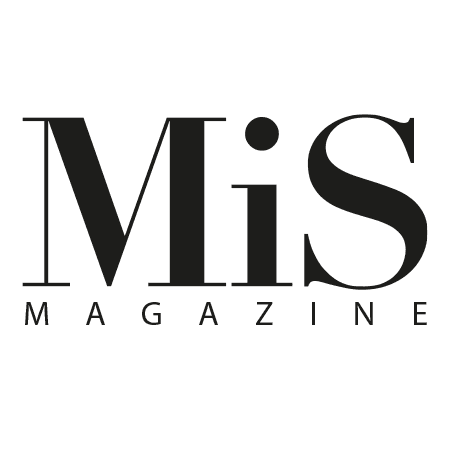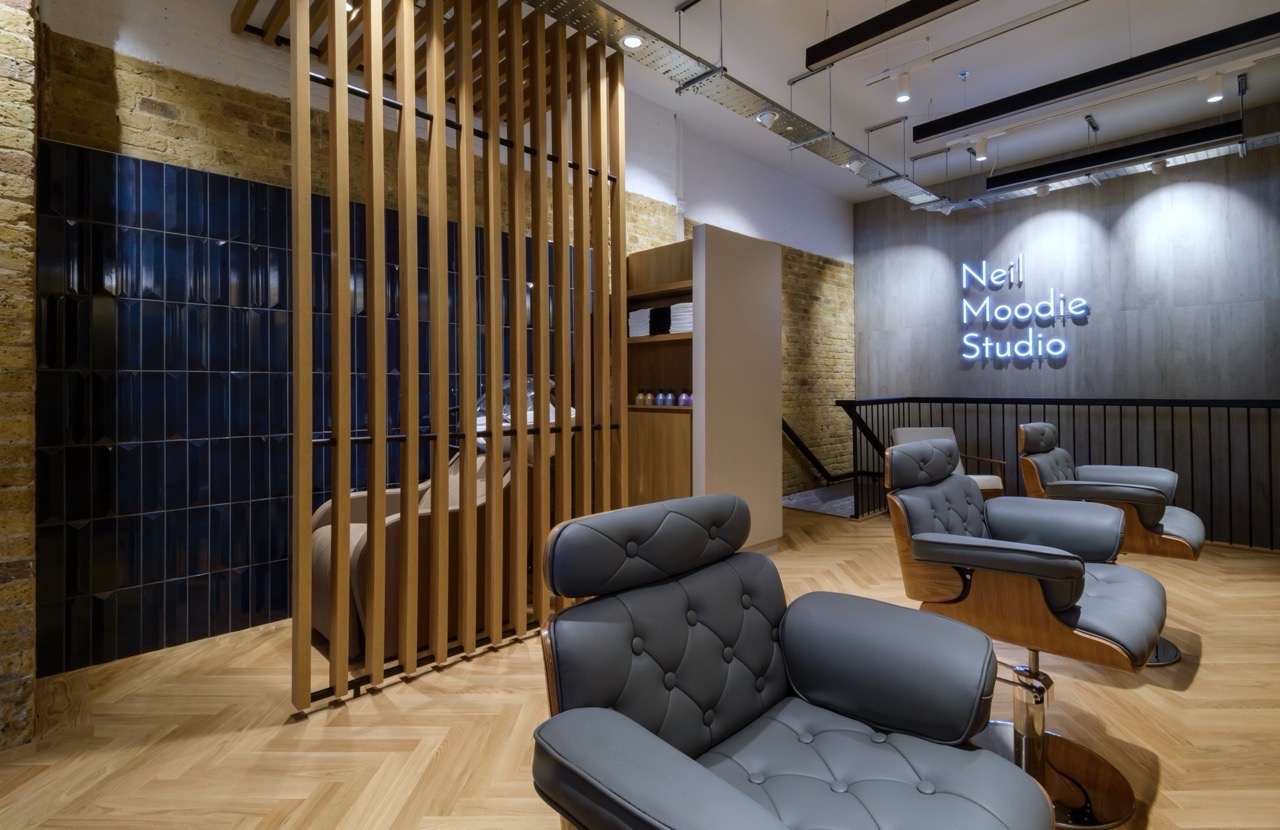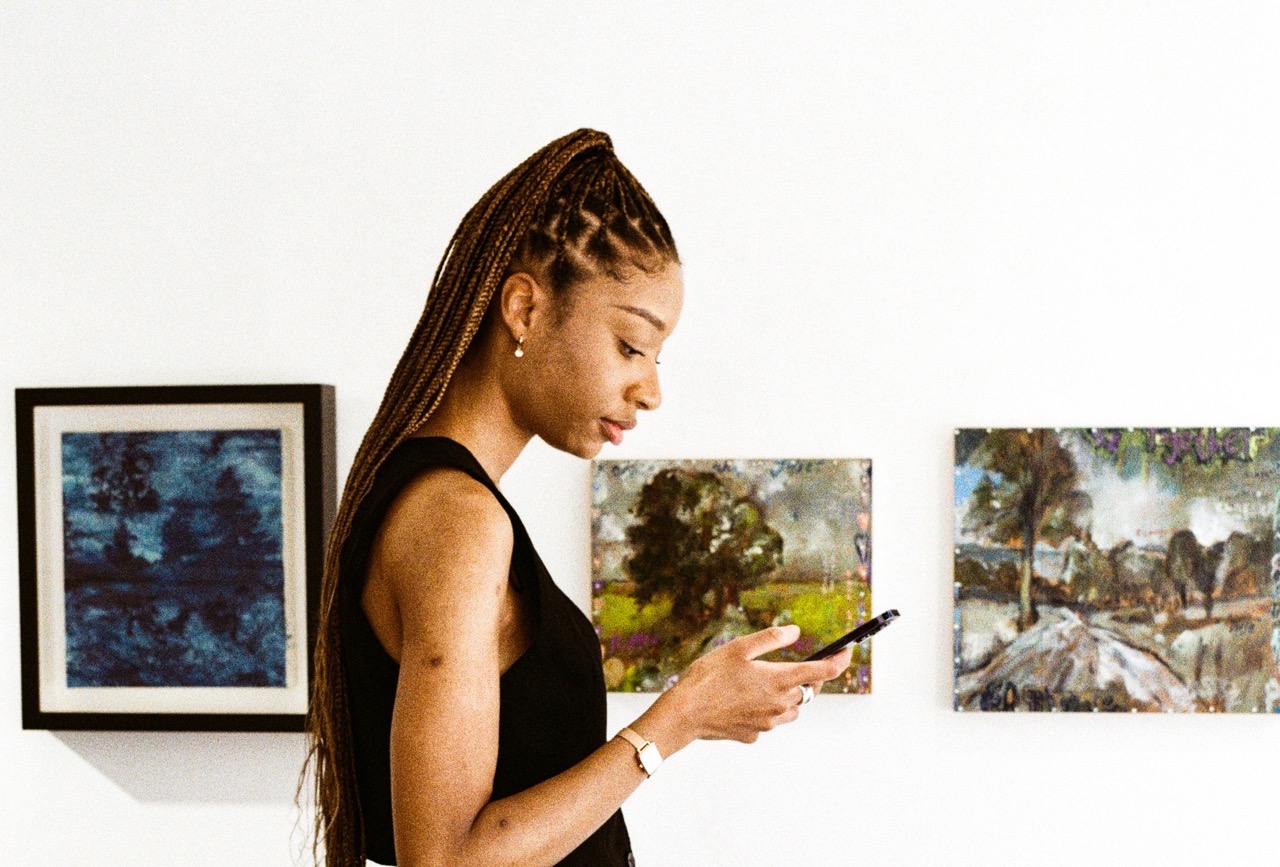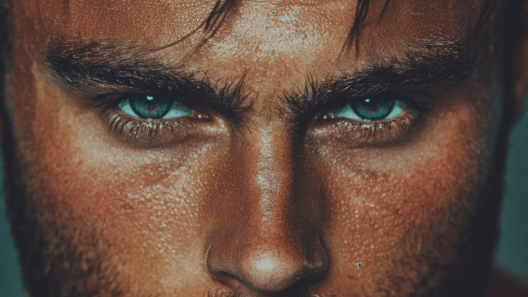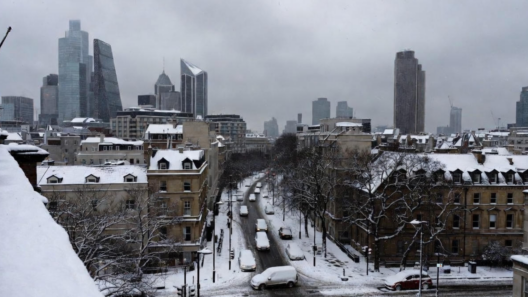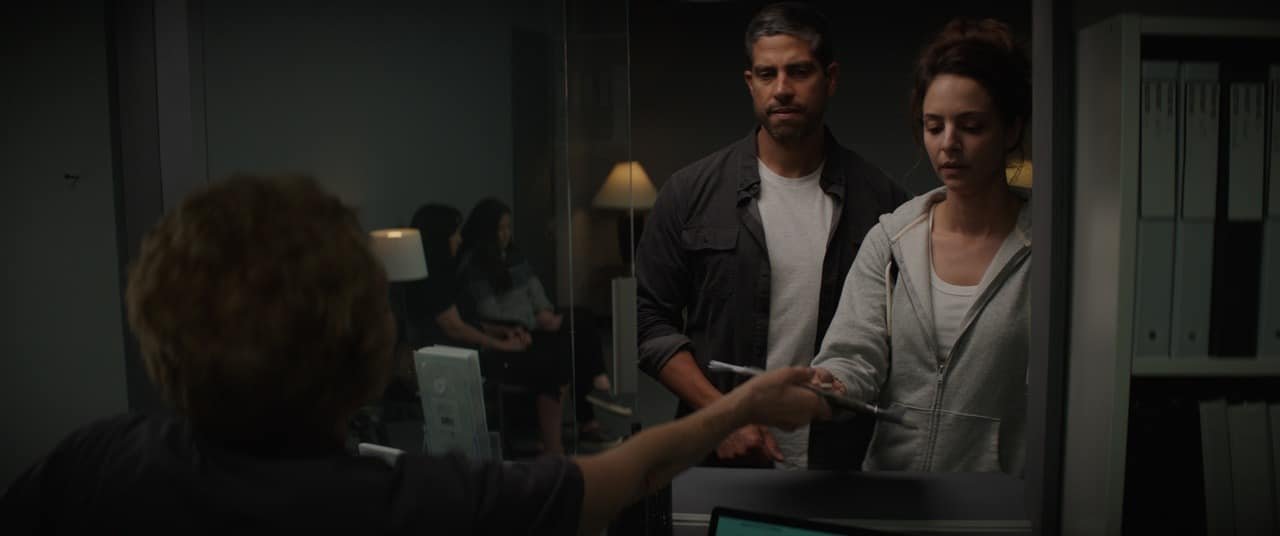In the vibrant world of cinema, few voices resonate as powerfully as that of Lauren Melinda. With her latest film, ‘Before You’, she invites audiences on an emotional journey that explores the intricacies of human relationships and the moments that define us. In this exclusive interview, we delve into Melinda’s creative process, her inspirations, and the challenges she faced while bringing this poignant narrative to life. Join us as we uncover the vision behind ‘Before You’ and gain insight into the mind of a director who is quickly making her mark in the film industry.
Share with the readers the story of Before You.
Before You follows a woman named Maia as she reflects on the loss of a pregnancy that wasn’t viable. The film looks at how that experience stays with her, even as life moves forward. It’s about the quiet grief many women carry, and how love and loss can exist side by side.
What compelled you to make a film exploring themes of pregnancy and abortion?
The film began as a personal act of healing after I experienced a medically necessary abortion. I didn’t see my story reflected anywhere—one rooted in love, partnership, and medical reality rather than politics. I wanted to create space for more nuanced narratives around reproductive healthcare, and to offer the kind of acknowledgment I longed for during my own journey.
Tala Ashe gives an incredibly nuanced performance as Maia. What was the casting process like?
Tala was always at the top of my list—her work is emotionally intelligent, grounded, and deeply human. I shared the script with her directly, and after one conversation, she not only understood the material, but brought her own empathy and lived experience to it. Working with her was an absolute gift.
How did the idea of the non-linear structure come about?
I wanted the structure to mirror the emotional disorientation of grief. When you’re going through something traumatic, time doesn’t move in a straight line—it collapses and expands. The non-linear form allowed us to convey memory, longing, and inner conflict in a way that felt honest to the experience.
On a technical level, the film is incredibly impressive. What was the biggest technical challenge you had to overcome during filming?
We built everything practically, which was a huge challenge on a smaller budget. Our incredible production designer, Danny Cistone, worked for a month building each room, including an elevator and even moving walls to give us what we needed on camera. It took long nights, creative problem-solving, and a lot of generous hands to pull it off in time.
Before You was made in solidarity with Planned Parenthood. What input, if any, did they have on the film?
Planned Parenthood came on board during post-production. Caren Spruch, who leads their entertainment and media team, was incredibly respectful of the fact that this is my personal story—she never asked for changes to the film itself. Instead, we had in-depth conversations about how to talk about the film—how to frame it in a way that keeps it a human story, not a political one, so that it can reach the people who need it most.
What do you hope audiences will take away from this short?
I hope Before You helps dismantle some of the stigma surrounding abortion by portraying it with honesty, nuance, and humanity. If it makes even one person feel less alone in their experience, or opens up a compassionate dialogue, then I’ve done what I set out to do. Ultimately, it’s a film about love, loss, and the complexity of choice.
What’s next for you?
I’m developing my first narrative feature, ECHOES, about a Persian-American artist who’s asked to exploit her heritage for success in the art world. It’s a psychological drama that explores identity, dissociation, and survival in creative spaces. I’m also working on a TV series inspired by my great-grandmother, who was a midwife to the Shah of Iran—it’s a story full of bold women, family secrets, and cultural intersections I’m excited to explore.
